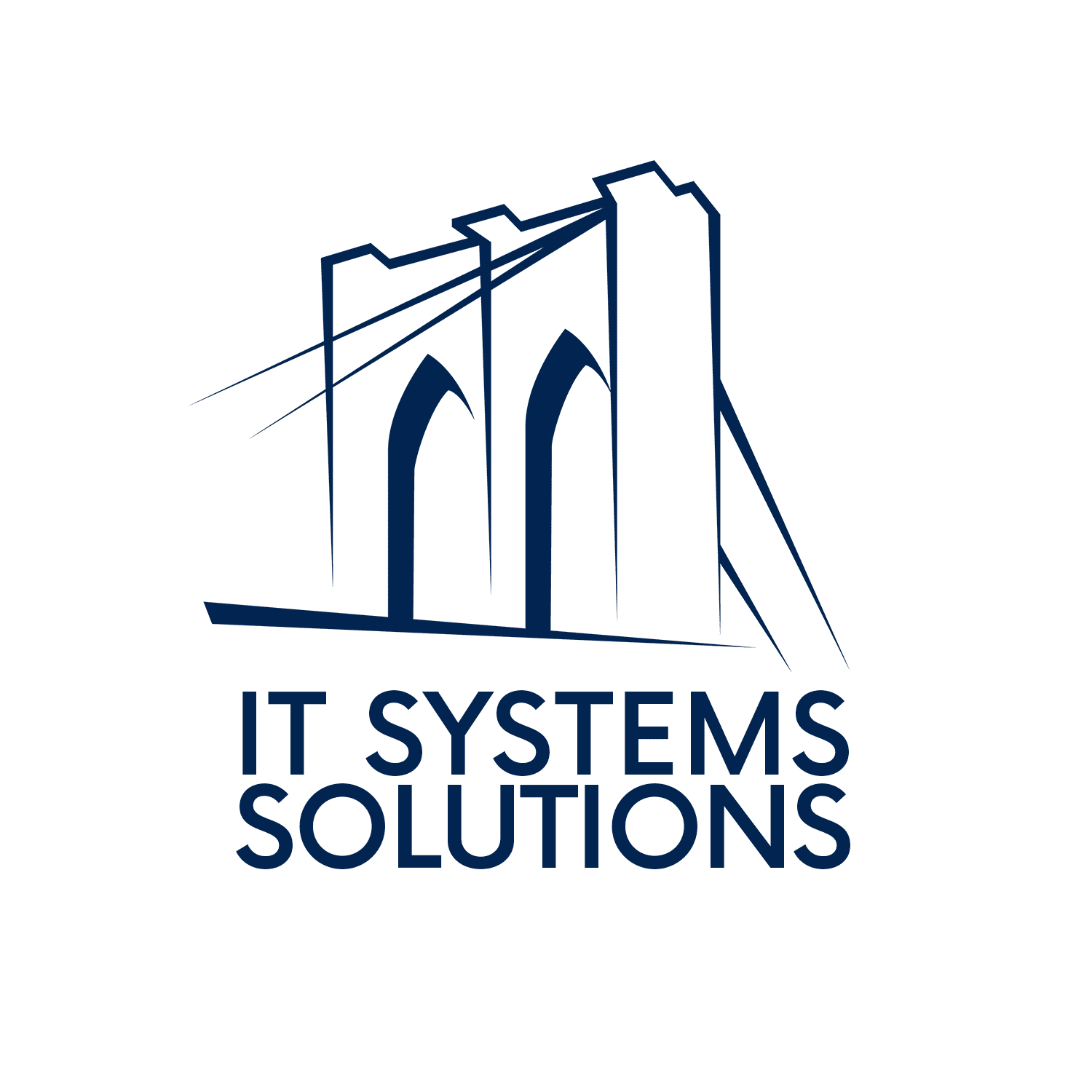Businesses are constantly seeking ways to streamline operations, boost agility, and drive innovation. One technology that has revolutionized the way organizations operate is cloud computing. By leveraging the power of the cloud, businesses can unlock a multitude of benefits that propel them ahead of the competition. Let’s explore the key advantages of cloud computing and how it can transform your business.
Scalability and Flexibility: One of the primary benefits of cloud computing is its scalability. Traditional on-premises infrastructure often requires significant upfront investments in hardware and software, which can be inflexible and difficult to scale as business needs evolve. In contrast, cloud services offer the flexibility to scale resources up or down on-demand, allowing businesses to adapt quickly to changing requirements. Whether you’re experiencing rapid growth or seasonal fluctuations in demand, the cloud provides the agility to meet your needs without overprovisioning or wasting resources.
Cost Savings: Cloud computing eliminates the need for businesses to invest in and maintain costly hardware infrastructure. With a pay-as-you-go pricing model, businesses only pay for the resources they consume, avoiding upfront capital expenditures and reducing total cost of ownership. Additionally, cloud services often offer economies of scale, providing access to enterprise-grade infrastructure and advanced technologies at a fraction of the cost of traditional IT solutions. By shifting from a capital expenditure (CapEx) to an operational expenditure (OpEx) model, businesses can achieve significant cost savings and improve financial flexibility.
Enhanced Security and Compliance: Security is a top priority for businesses of all sizes, and cloud computing offers robust security features to protect sensitive data and applications. Cloud service providers invest heavily in security measures such as encryption, identity and access management, and threat detection to safeguard against cyber threats and data breaches. Additionally, cloud providers adhere to industry-specific compliance standards and certifications, ensuring that businesses remain compliant with regulatory requirements such as GDPR, HIPAA, and PCI DSS. By leveraging the expertise and resources of cloud providers, businesses can strengthen their security posture and mitigate risk.
Improved Collaboration and Productivity: Cloud-based collaboration tools enable employees to work together seamlessly from anywhere, facilitating real-time communication, file sharing, and project collaboration. Whether teams are located in the same office or spread across different geographical locations, the cloud provides a centralized platform for collaboration, enhancing productivity and efficiency. With access to shared documents, calendars, and communication channels, employees can collaborate more effectively, streamline workflows, and accelerate decision-making processes.
Business Continuity and Disaster Recovery: Traditional on-premises infrastructure is susceptible to hardware failures, natural disasters, and other unforeseen events that can disrupt business operations. Cloud computing offers built-in redundancy and disaster recovery capabilities to ensure business continuity and minimize downtime. With automated backups, data replication, and failover mechanisms, businesses can recover quickly from disruptions and maintain uninterrupted access to critical systems and data. Whether it’s a hardware failure, power outage, or natural disaster, the cloud provides the resilience and reliability to keep businesses running smoothly.
By embracing cloud technologies, businesses can stay ahead of the curve, accelerate innovation, and achieve their strategic objectives with confidence.
Ready to unlock the full potential of cloud computing for your business? Contact us today to learn how IT Systems Solutions can help.
